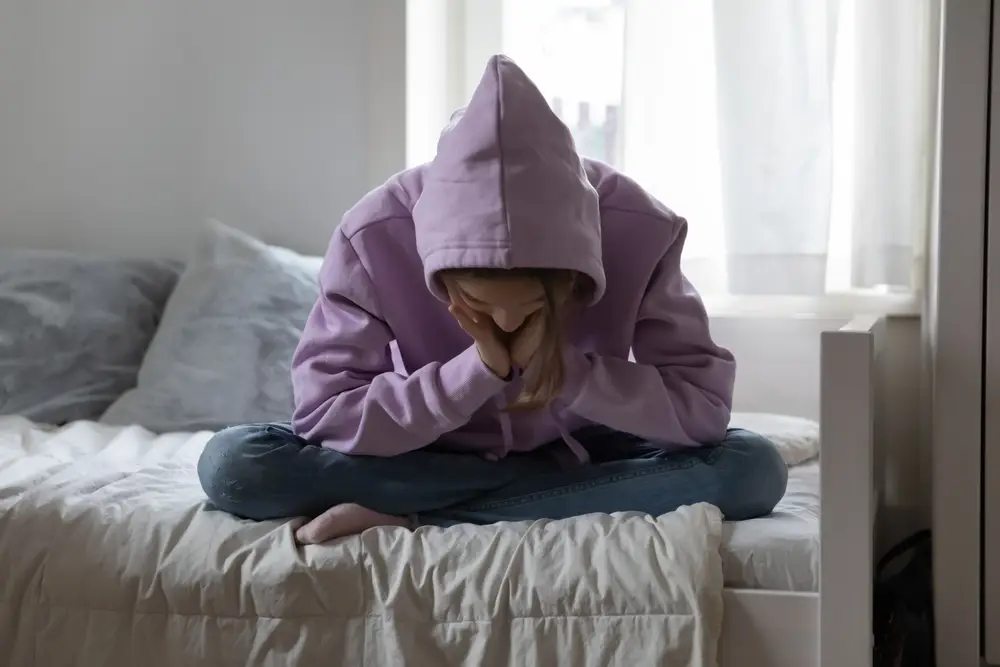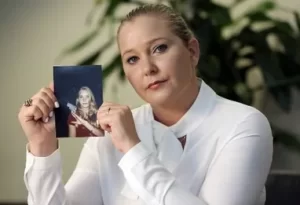For decades, courtrooms across the United States have been witness to the same tragedy: children removed from abusive or neglectful homes, only to be thrust into a foster care system that too often re-traumatizes them physically, sexually, and emotionally. Many are separated from siblings, shuffled between unstable placements, and left to navigate life-altering legal proceedings without anyone solely dedicated to defending their rights. This systemic failure, says attorney Howard M. Talenfeld in an editorial for Forbes, is both morally bankrupt and economically reckless.
Talenfeld has spent more than forty years in courtrooms confronting this reality. When a young child is on the brink of permanent separation from their family and siblings—one of the most high-stakes events imaginable—they are often left without legal counsel. No advocate to voice their wishes, challenge bureaucracy, or protect their safety. He contrasts this with corporate America, where a Fortune 500 CEO facing litigation arrives flanked by teams of lawyers and experts, each devoted to securing the best outcome. Children in crisis, he argues, deserve no less.
The Business Case for Child Protection Reform
Talenfeld notes that America spends $8 billion each year on 300,000 to 400,000 children in foster and substitute care, yet refuses to invest in the one measure proven to reduce costs and improve lives—high-quality legal representation for children.
He recalls litigating against New York City in the Judith Leekin “house of horrors” case, where children endured years of torture, starvation, and imprisonment while the system failed to act. The settlement topped $27 million. Talenfeld believes that if those children had attorneys from the start, their suffering could have been prevented.
Children with attorneys, he explains, spend less time in care, face fewer placements, and have better adult outcomes. Every wasted dollar in system failures represents another child whose life could have been changed.
A Nationwide Mass Tort
Talenfeld describes the crisis as a national mass tort, not a collection of isolated failures. Twenty-nine states face class actions or consent decrees over systemic violations of children’s basic rights. From Florida’s H.G. v. Carroll to Illinois’s B.H. v. Smith, the pattern is clear: unsafe homes, unmet mental health needs, and denial of essential services.
He warns that federal budget cuts to Medicaid, the Education and Training Voucher (ETV) scholarship, and the Chafee Foster Care Independence Program will deepen the crisis, stripping youth of healthcare, education, and transitional aid.
An Epidemic of Sexual Abuse and Trafficking
Sexual abuse and trafficking within foster care are widespread, Talenfeld cautions. In some states, nearly half of foster girls report sexual abuse before or during placement. Group homes and poorly supervised foster homes are common sites of exploitation.
Each year, thousands of children go missing from foster care, many fleeing unsafe placements. A 2022 federal report found over 20,000 missing foster youth, with one in five endangered runaways likely victims of sex trafficking—most from state care.
The Legal Representation Gap
Thirteen states, including Illinois, Florida, Texas, and Minnesota, do not routinely guarantee legal representation to all children in care. Confidentiality laws often conceal the stories of those who age out permanently traumatized.
This lack of advocacy, Talenfeld says, has normalized permanent injury to children who are denied the rights adults take for granted.
The Long-Term Toll
Within four years of aging out, 20 percent of foster youth become homeless. Twenty-five percent develop PTSD. Half never complete high school. Talenfeld stresses that these numbers represent real people he has known—each carrying deep scars from a failed system.
Adequately funded child welfare systems and guaranteed legal representation could change these outcomes. With attorneys, children are more likely to receive proper services, maintain family ties, and transition to independence.
A Call to Choose Differently
Talenfeld founded Florida’s Children First to train thousands of lawyers and pass landmark children’s rights legislation. Still, he insists more must be done.
“This isn’t about more government spending—it’s about spending smarter,” Talenfeld writes. He calls on business leaders to demand accountability, fund advocacy groups, and push lawmakers to prioritize children’s rights.
“The children can’t wait for the perfect political moment,” he says. “Children without lawyers usually get what’s left over. In America, that’s not just a tragedy—it’s a choice. It’s time we chose differently.”
If you are a survivor of abuse in foster care or state custody, you have the right to be heard and supported. Learning your legal rights is the first step toward reclaiming your voice and your life. Visit SurvivorsRights.com’s Institutional Abuse Lawsuit Guide to understand your options and connect with experienced advocates who can help.
You can also get a free case review by filling out the brief, confidential form below.




